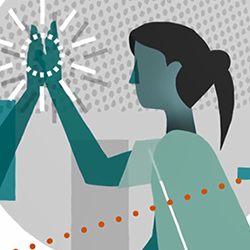
Cambridge Reproduction is an interdisciplinary research centre that explores the urgent challenges posed by reproduction today.
We facilitate close engagement between the arts, humanities and social sciences, biology and medicine. By approaching reproduction collectively and across disciplines, we offer fresh perspectives on broad issues which range from global policies to those which affect individuals, families and populations.
Department of Physiology, Development and Neuroscience,
Downing Street,
Cambridge,
CB2 3EL
Email: coordinator@repro.cam.ac.uk
Phone: 01223 (7)64307

© 2025 University of Cambridge
